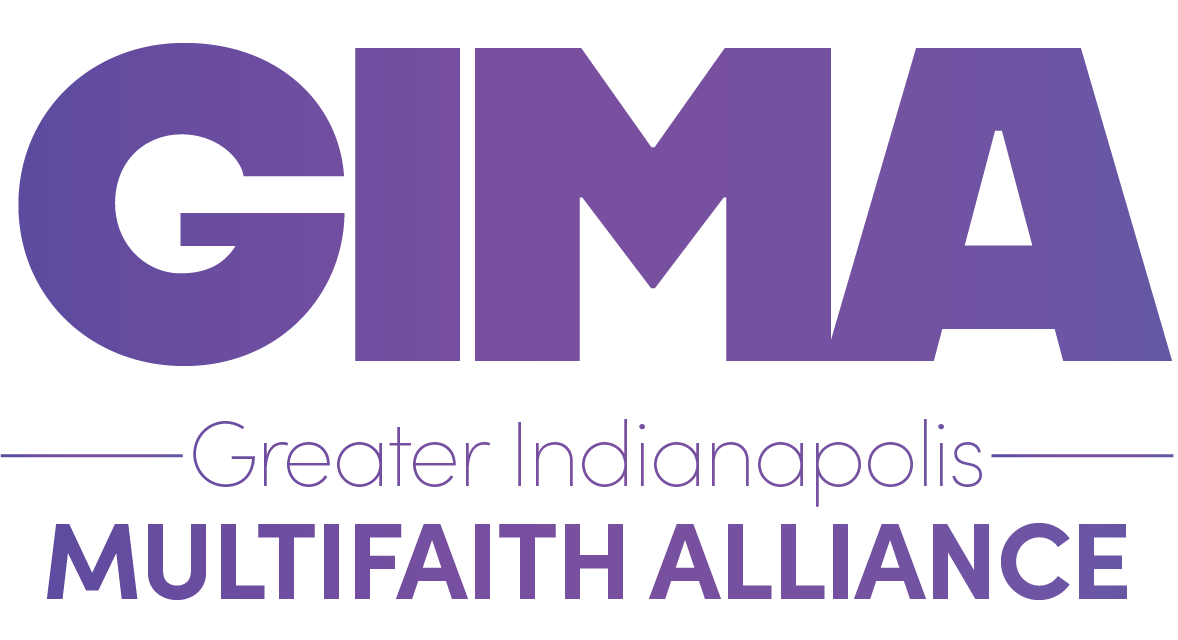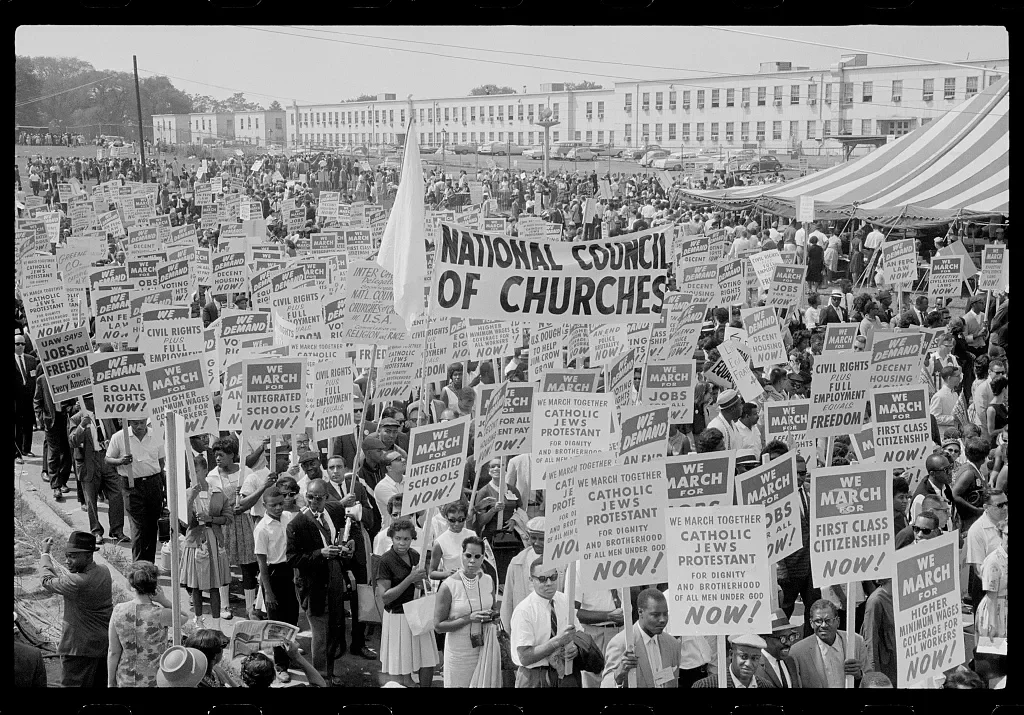Until Economic Rights are Realized, the Civil Rights Movement is Not Complete
This piece originally appeared on Fran Quigley’s blog Housing Is A Human Right on August 29, 2025
Yesterday marked the 62nd anniversary of the legendary March on Washington, the historic gathering of a quarter-million people that ended with Dr. Martin Luther King, Jr.’s “I Have a Dream” speech.
But did you know that I just misstated the name of the event? It was actually called the March on Washington for Jobs and Freedom. The full march title was a very intentional focus on the economic rights that are necessary before civil rights can ever become meaningful.
The march was coordinated by union leader A. Philip Randolph and veteran organizer Bayard Rustin, who both had longstanding commitments to the pursuit of economic rights . Access to good housing was one of the core ten demands issued by speakers on the steps of the Lincoln Memorial.
King’s speech closed the ceremonies, but they were opened by Randolph, who framed the movement’s goals as going beyond desegregation:
“We know that we have no future in a society in which 6 million black and white people are unemployed and millions more live in poverty,” Randolph said. “Nor is the goal of our civil rights revolution merely the passage of civil rights legislation. Yes, we want all public accommodations open to all citizens, but those accommodations will mean little to those who cannot afford to use them.
“It falls to us to demand new forms of social planning, to create full employment, and to put automation at the service of human needs, not at the service of profits . . “
King too always recognized that economic rights are the foundation for real freedom. “What good is it to have the right to sit at a lunch counter if you can’t afford a hamburger?” he asked. It was a theme echoed by then-Senator Barack Obama in 2008, ““[I]t matters little if you have the right to sit at the front of the bus if you can't afford the bus fare.”
After the passage of the 1964 Civil Rights Act, King and the civil rights movement leaned even more heavily into economic rights. King called for a “Bill of Rights for the disadvantaged.” His last public effort, the Poor People’s Campaign, demanded that housing, healthcare, food, and education all be enforceable human rights—as they are in other nations that have ratified the International Covenant on Economic, Social, and Cultural Rights.
“If a man doesn’t have a job or an income, he has neither life, nor liberty, nor the possibility for the pursuit of happiness,” King said, invoking the Declaration of Independence. “We are coming to ask America to be true to the huge promissory note signed years ago.”
Dr. King died fighting for economic rights, assassinated in Memphis while supporting sanitation workers striking for higher wages. His final writing, published after his death, was called “We Need an Economic Bill of Rights.”
The U.S. civil rights movement is arguably the greatest social movement of the last century. But it is not yet complete. Everyone who works for safe and affordable housing, healthcare for all, living wages, and other necessities takes on the unfinished work of those who came before us.

